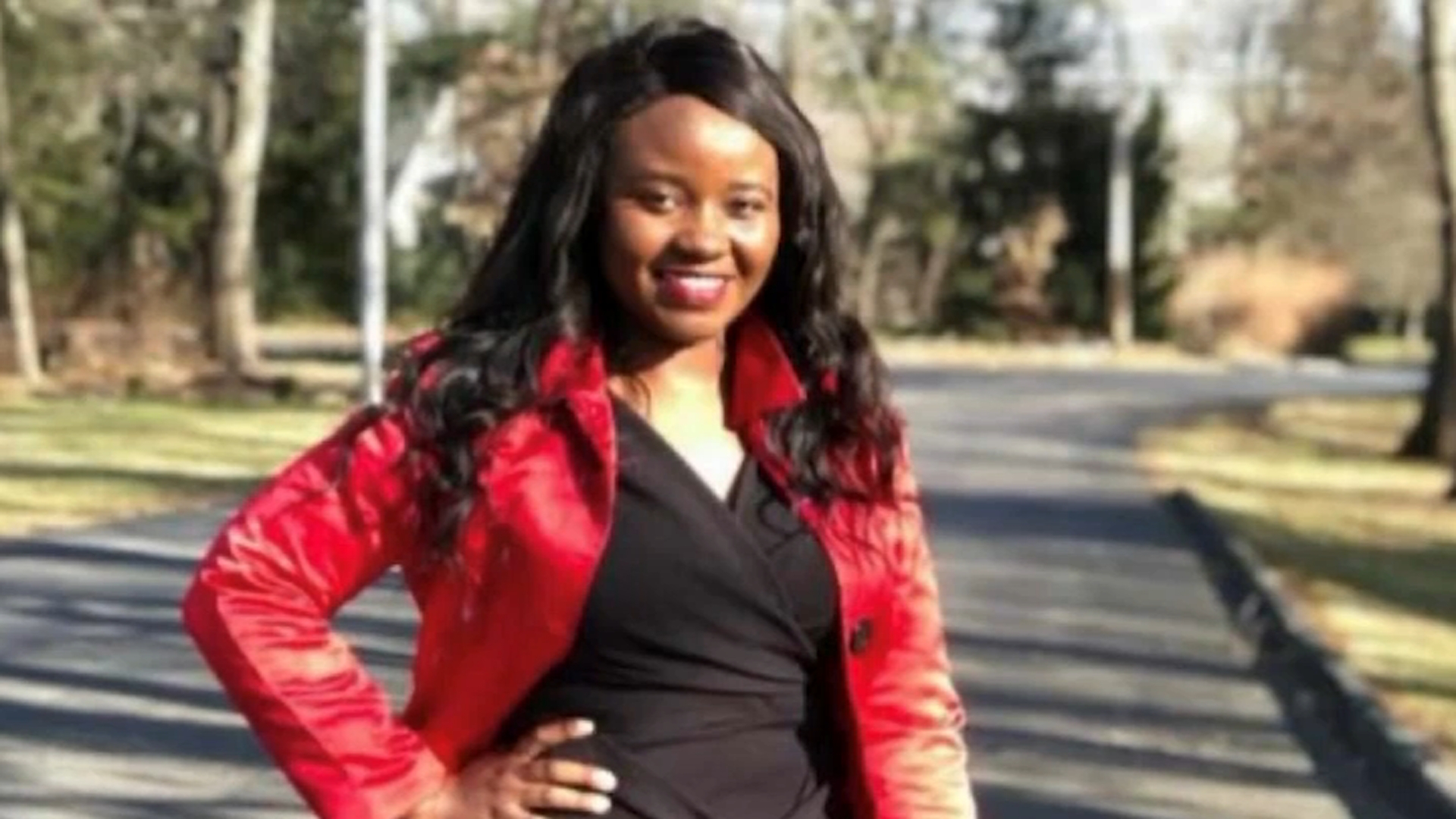Stopping the spread of infectious diseases. That's what Boston Logan International Airport, and many others across the country, are now taking steps to do.
It's all in the hopes of preventing a similar scenario to how the coronavirus first spread in the pandemic.
This new effort to ramp up prevention comes at a time when seasonal illnesses, such as the flu and respiratory syncytial virus, or RSV, are starting to return.
Boston Logan is one of four major airports taking these new steps because it's considered one of the top hubs for international travelers.
Get Boston local news, weather forecasts, lifestyle and entertainment stories to your inbox. Sign up for NBC Boston’s newsletters.
So, what exactly is happening? Back in 2021, the U.S. Centers for Disease Control and Prevention implemented the Traveler-based Genomic Surveillance program, or TGS, to help with early detection of new COVID variants.
They did this by voluntary nasal swabbing passengers and by sampling airport wastewater. On Monday, the CDC announced that its expanding that program to monitor more than 30 new viruses and bacteria, including the flu and RSV.
"The CDC might not be perfect but that's the best we are going to get," said Wentian Chan, who's a frequent international traveler.
The CDC is teaming up with companies like Ginko Bioworks and XpresCheck to make it happen.
In a statement Tuesday, the CEO of XpresCheck wrote in part, "With air travel exceeding pre-pandemic levels, it is crucial that we continue to test. The data that we collect provides crucial insights to protect our nation from the threat of evolving viruses."
However, not everyone is on board.
"It sounds like it would cause a lot of delays," said Stalin Duran, a frequent international traveler. "I'm not afraid of things like that. If it's going to come to me, it's going to come to me."
In addition to Boston, the new program is being rolled out in New York, San Francisco and Washington, D.C.
The testing and sampling will last for several months. A definitive end date has not been announced.



